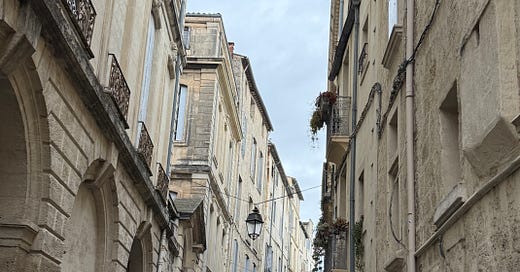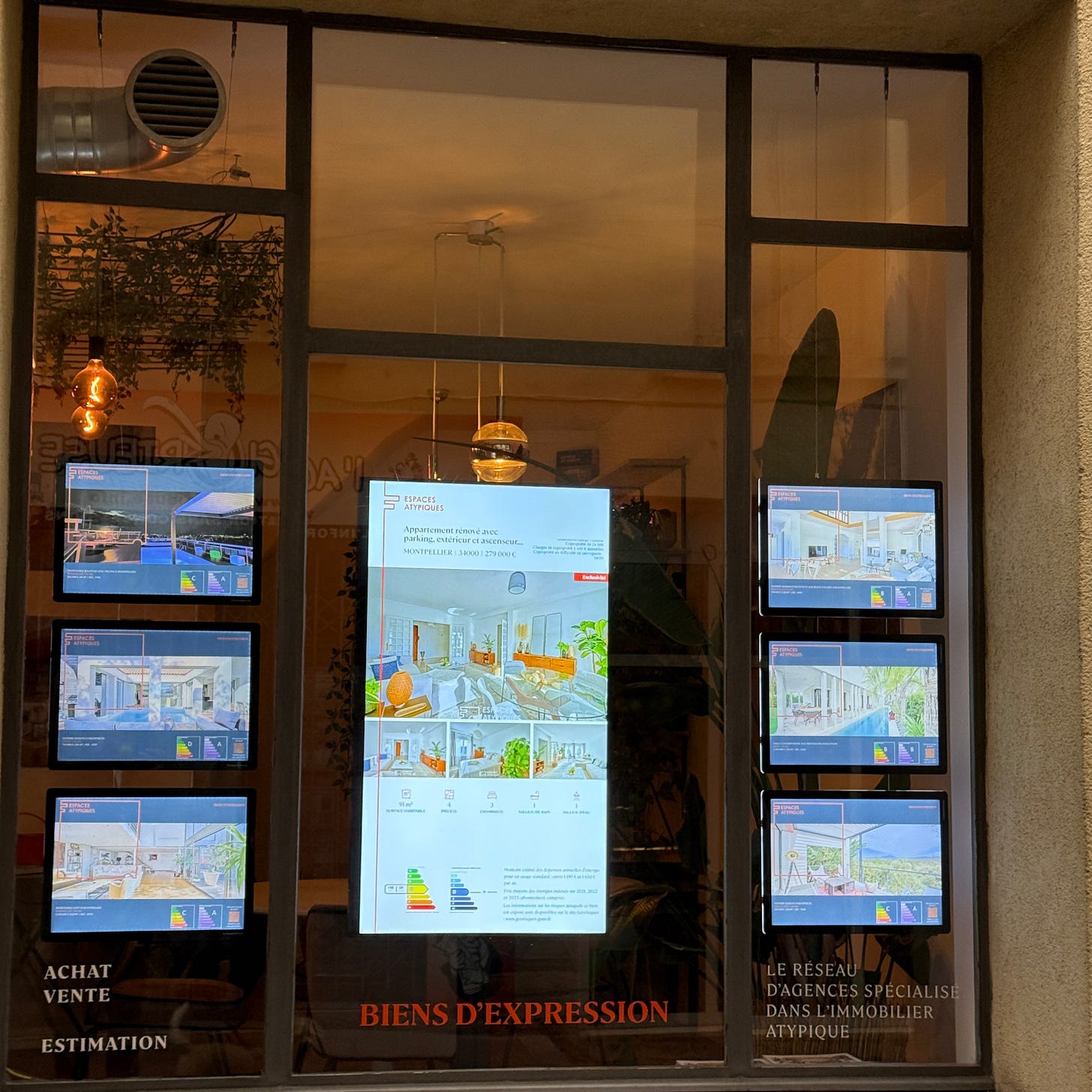It is inauguration day today in the US, and it’s also the Martin Luther King Day holiday. I sincerely hope the incoming president and his administration will rise to the office. Last night, after we got home from (finally!) seeing A Complete Unknown, Carolyn and I watched the most recent episode of Saturday Night Live, hosted by Dave Chappelle. Dave’s opening monologue captured my feelings well: whether they voted for you or not, everyone’s counting on you, Mr. Trump. Everybody needs to do better this time and everybody needs to exercise some empathy.
On to the substance of this week’s post:
A friend of mine from NYC sent me a link to an article about how Spain is debating placing up to a 100% tax on foreign real estate purchases. The proposed tax is one of many measures being considered to combat the housing shortage in Spain and to temper, if not reverse, the rise in housing prices. The tax would apply to non-nationals and non-EU residents and wouldn’t affect people already living in Spain.
I wonder if the proposal will cause a surge in purchases as people who are on the fence about buying in Spain try to get ahead of any proposed new taxes.
The price of housing in Europe has gone up close to 50% in the last decade, double the growth rate of household income! The proposals in Spain are actually quite sensible, given those statistics. The 100% tax is a headline grabber, but the other proposed measures address land use, tax relief for landlords who comply with the reference price index, regulations, financing, adaptation of derelict/vacant buildings, rights of tenants, and new construction. It seems like a comprehensive set of proposals to address the housing issues in Spain.
There was immediately speculation about whether France (or other European countries) would follow Spain’s lead. After all, France has similar problems with housing. The problem is unevenly distributed (the issues are more pronounced in large cities) and the housing issues in France are tangled up with the inheritance laws and low property values outside of urban centers.
In France, 10% of the housing stock is registered as second homes (well over 3 million properties). However, about 90% of those second homes are owned by French citizens. French citizens who own second homes tend to inherit them, not purchase them. Many of the second homes owned by French citizens are modest places, located outside of metropolitan areas, often inherited from parents, and used primarily as weekend/holiday retreats. For the most part, French-owned second homes aren’t creating and aren’t going to fix the shortage of housing in urban areas.
My immediate reaction when my friend sent me the article was “Wow! I’m glad we’re here already!” But given the state of politics in France (deadlocked), it seems unlikely to me that they’ll propose, let alone pass, any legislation similar to what’s being debated in Spain. One has to wonder if that will change as more Americans consider leaving the country; the fires in LA and Trump’s threatened tariffs/deportations will add pressure to the housing issues in the US. Americans make up a very small percentage of foreign homeowners in France, vastly outnumbered by Belgian, British, Dutch, and German buyers. The number of Americans moving to France would have to change drastically to move the needle on foreign-owned housing. I don’t think our readers should panic that this sort of tax is about to become law in France.
I am happy we are here and that we have made a home in France. Carolyn and I are are American to our bones, but we love France—we love living here, we love the people (even if they’re terrible at sharing sidewalks) and we’re learning to love the language! We want to contribute, not be part of a problem. Everyone should be able to thrive and to find comfort and security in their homes, whether that’s in Paris, Pacific Palisades, or Palestine.
Jusqu’a la prochaine fois,
Roberto & Carolyn







This is such a complicated issue. I think I'll just deal with the high percentage of French people owning second homes, which is definitely an interesting topic. You mention 10% but I think I read long ago, in a statistic that is probably outdated, that 15% of French people owned or co-owned second homes! Many of them are indeed inherited, and there is a real desire to want to hang on to old family homes, perhaps especially country ones. But there was also a post-war trend to buy a vacation home of some sort, especially seaside or ocean side apartments or houses. We know a lot of retired people, some getting quite elderly, who made this sort of purchase at the time when holidays were long periods spent every summer at the same place. The idea was to pass them on to their children, but their children want to go to more exotic destinations than Cap d'Agde. I think there may eventually be a glut of this type of lodging.
Our French friends are 55 and over, middle to upper middle class, and virtually everyone owns or partially owns at least two homes of some sort. But as you say, selling these particular homes would not necessarily solve the housing crisis where it is hitting.
Love your balanced take on how countries are trying to manage housing. It’s certainly a complicated beast, as with most things it’s hugely personal as well (at least for the majority of us who don’t have large stock portfolios and multiple properties across the globe)!